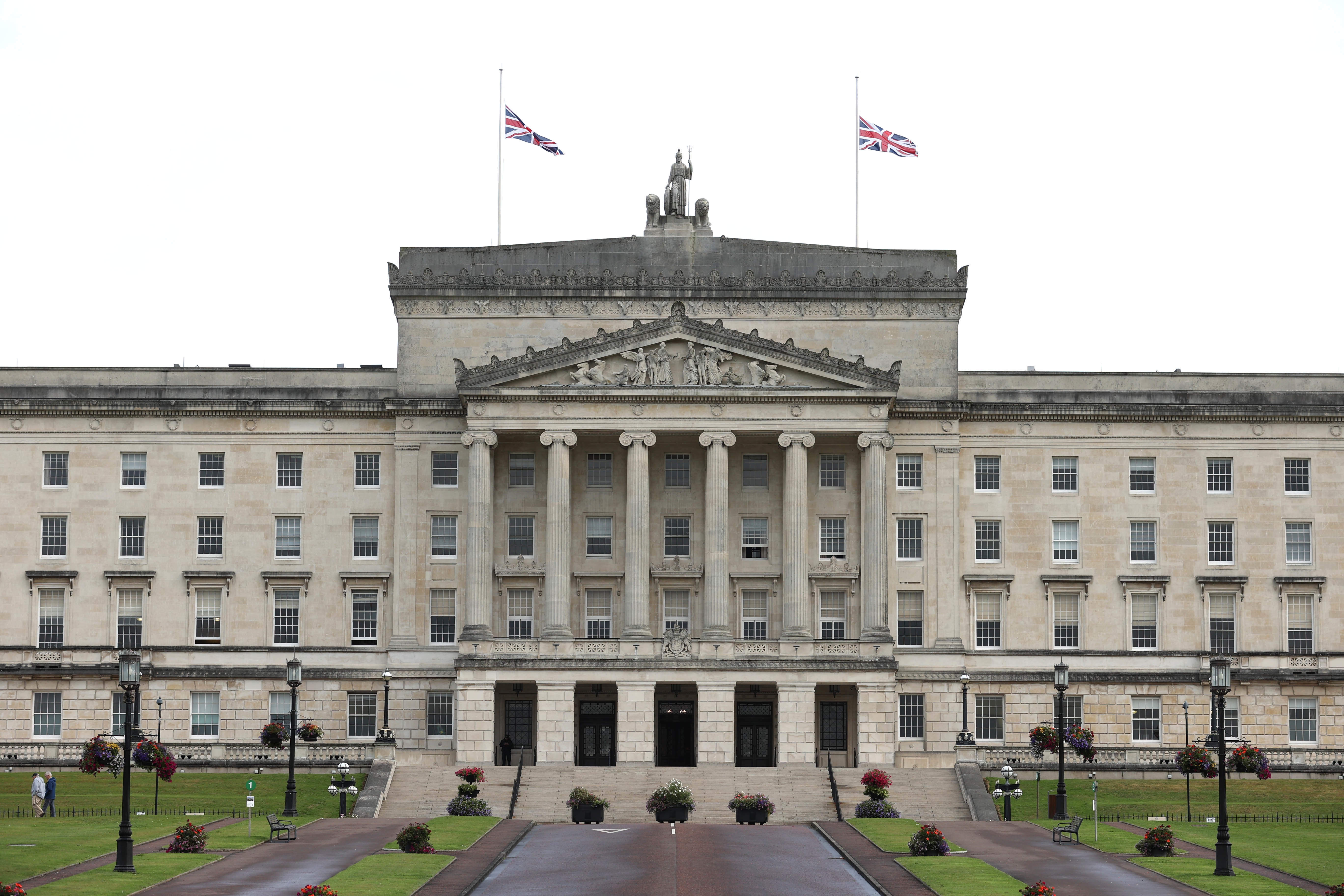‘No basis’ to suggest Northern Ireland majority want Irish unity, UK government insists
Catholics now outnumber Protestants in territory for first time since partition

Your support helps us to tell the story
From reproductive rights to climate change to Big Tech, The Independent is on the ground when the story is developing. Whether it's investigating the financials of Elon Musk's pro-Trump PAC or producing our latest documentary, 'The A Word', which shines a light on the American women fighting for reproductive rights, we know how important it is to parse out the facts from the messaging.
At such a critical moment in US history, we need reporters on the ground. Your donation allows us to keep sending journalists to speak to both sides of the story.
The Independent is trusted by Americans across the entire political spectrum. And unlike many other quality news outlets, we choose not to lock Americans out of our reporting and analysis with paywalls. We believe quality journalism should be available to everyone, paid for by those who can afford it.
Your support makes all the difference.There is “no clear” evidence that a majority of people living in Northern Ireland support Irish unity, the UK government has claimed.
Under the terms of the 1998 Good Friday Agreement, the British Northern Ireland secretary can call a referendum if it appears most residents in the territory back its cessation from the UK.
Calls for such a vote grew last week after it was revealed that there are now more Catholics living in Northern Ireland than Protestants, the denomination most likely to favour unionism. This is the first time since partition that Protestants are in the minority.
The 2021 census showed that 45.7 per cent of respondents in Northern Ireland identified as Catholic, compared with the 43.5 per cent who said they were Protestants.
A different census question found that 32 per cent of people said they were British, down from 40 per cent in 2011. Meanwhile, 29 per cent saw themselves as Irish and 20 per cent as Northern Irish.
Nationalist party Sinn Fein responded to the developments by suggesting that planning should begin for a referendum on a united Ireland.
"Today’s results are another clear indication that historic change is happening across this island," Sinn Feinn’s Michelle O’Neill said on Thursday.
But the British government later insisted that such claims are overblown.
On Sunday night, a spokesperson for Westminster’s Northern Ireland Office told The Irish Times that the territory “will remain part of the UK for as long as its people wish for it to be”.
“There is no clear basis to suggest that a majority of people in Northern Ireland presently wish to separate from the United Kingdom,” they added.
Shadow Northern Ireland secretary Peter Kyle said he would respect the will of Northern Ireland if Labour assumed power. However, he indicated that support for the breakaway was not yet clear-cut.
"If the circumstances emerge as set out in the Good Friday Agreement, I as secretary of state, would not play games. I would call the border poll,” he said on Sunday. Unionists hit out at his comments, calling them “divisive” and “unhelpful”.
Mr Kyle added that in the short term Northern Ireland must tackle pressing concerns such as the cost-of-living crisis.
Ireland’s taoiseach Simon Coveney also said last week that Northern Ireland’s priority must be “settling” the Irish Protocol and ensuring a functional Stormont. It has been hamstrung by the DUP’s boycott over post-Brexit arrangements in the territory.
"We have a lot of work to do in the context of trying to settle the Northern Ireland Protocol issue,” Mr Coveney said.
"We have to listen to unionism as well as, of course, to everybody else in Northern Ireland, and we have to try to make sure that the institutions of the Good Friday Agreement are functioning again because they have not been functioning for quite some time."



Join our commenting forum
Join thought-provoking conversations, follow other Independent readers and see their replies
Comments